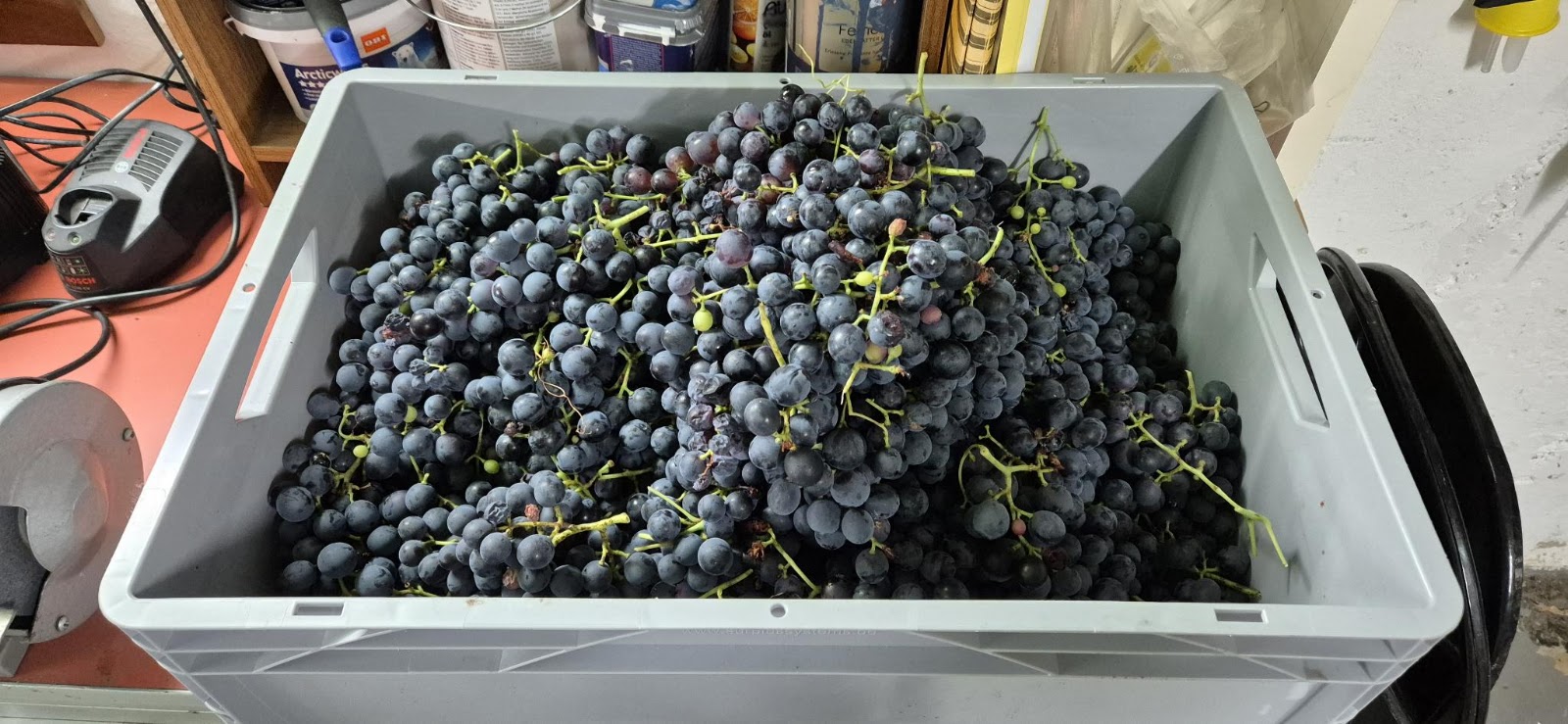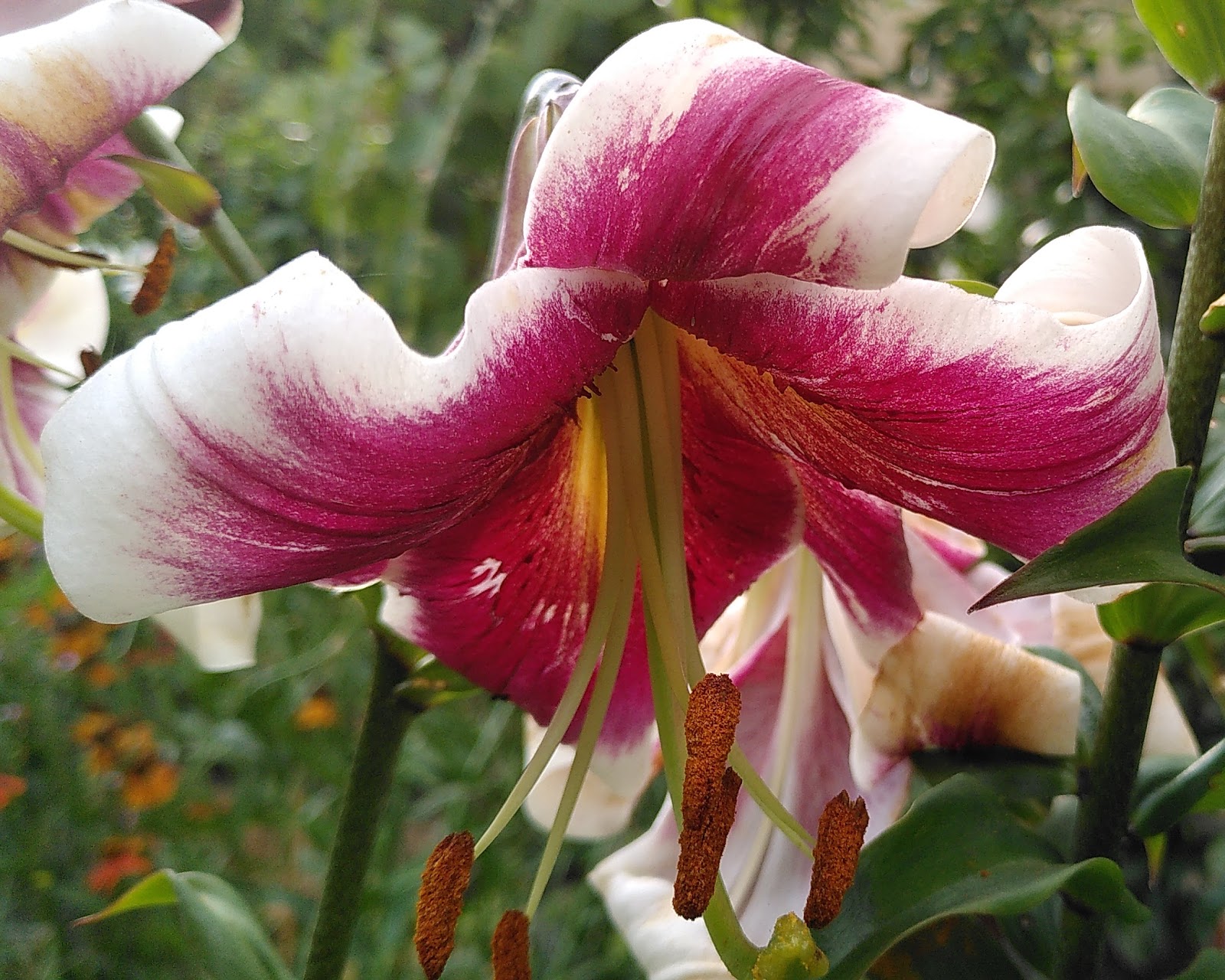If I write that I do feel a tiny bit better, I may jinx it and although superstition is not part of my life skills, I remain cautious. At least I was able to change the flight dates without any problems or extra costs.
 |
(At school, this was an often used response to a teacher complaining about not paying attention. It's by Heraclitus, one of the eminent pre-Socratic philosophers, hence extremely valid.)
|
As usual, distraction is the name of the game and for me that includes reading and listening to whatever comes my way, often suggested or linked by family members and friends, for laughs, stimulation, discussion and delight. Here is what has kept me entertained in the last week, I am writing most of it as I remember reading it, forgot to take down sources.
First, the obvious:
- Autoimmune disease is treated by immune suppressing drugs which in turn often can result in the body getting infected by all sorts of viruses and bacteria healthy people can fight against. Instead of getting dispirited every time that happens, maybe look at these as a side effect of your immune system trying to protect you. The immune system gets to know us even before our parents do, and until the moment we die, it does everything it can to heal and protect us.
Next, who'd have thought.
- The neocortex - the part of the brain that plays a significant role in intelligence - is particularly large in monkeys that live together in large groups. Dolphins address each other by name, obviously in dolphin language and using dolphin names. Goats can recognise and teach each other symbols and bonobos master a previously unimagined form of syntax. And then there's that standard test used by science to detect complex thinking in animal species, namely the ability to recognise yourself in a mirror - or in other words, the ability to distinguish between the self and others. And squirrels and crows hide their food while no one is watching and then make a big show of digging a big hole for their stash while every creature looks on. The proper term for this behaviour is perspective-taking. At least I think it is.
Also:
- There is a reason fascists ban books and not guns. Guns are a tool for one thing, books are tools for everything.
And a recent headline from the Guardian:
- World’s longest-married couple reveals key to a lasting relationship: ‘We love each other’.
Finally, kids are clever.











































